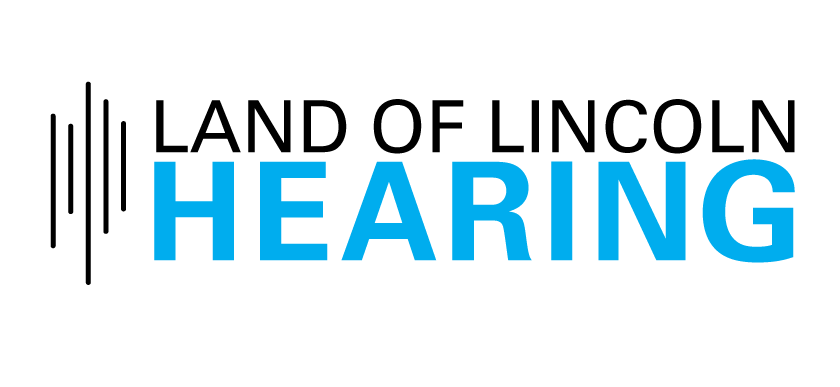Noise exposure at work is more common than you think
/This post originally appeared on Starkey.com
When you think of noise exposure on the job, what type of workplace comes to mind? Somewhere with loud machinery, like a factory? Or with jarring equipment, like a construction site? Either would be correct: Hazardous noise most often occurs in the manufacturing, construction, and mining sectors, according to the Centers for Disease Control and Prevention (CDC).
But truth be told, noise exposure can happen in any industry, as today’s hearing fact underscores. If you ask the European Agency for Safety and Health (EU-OSHA), this can include anywhere from “call centers to schools, orchestra pits to bars.”
This is important to know because harmful noise levels anywhere can cause noise-induced hearing loss (NIHL)—when excessively loud noise damages the hair cells in your inner ear and the hearing nerve. If the noise exposure is extreme or ongoing, the hearing loss may be permanent and irreversible.
Bottom line: Excessive noise can happen wherever we work. And it isn’t good for our hearing.
In honor of today’s hearing fact, let’s explore some industries you may not have thought to have noise exposure risks (some may surprise you). From there, you’ll learn how to tell if your own workplace has a noise problem and what you can do about it.
Noise exposure risk spans a variety of industries
Before we discuss job sites with unexpectedly high noise levels, let’s talk about the level of noise that would be considered “harmful.” According to the National Institute for Occupational Safety and Health (NIOSH), noise exposure is measured by a noise decibel (dBA) level of 85 or above, averaged over an 8-hour workday.
If this 85 dBA noise level is exceeded during a workday, the length of workers’ exposure must be reduced by half for hearing safety, says NIOSH. Likewise, if the exposure continues beyond eight hours, the noise level must be lowered. Learn more specifics from NIOSH’s Exposure Level per NIOSH REL (recommended exposure limit) table found here.
Now that you know which noise levels are considered hazardous in the workplace, let’s return to today’s hearing fact with a snapshot of industries that surprisingly meet or exceed harmful noise levels regularly, as reported by EU-OSHA:
85 dB: Average noise levels detected in kindergartens, according to a study
88 dB: Noise levels a conductor was exposed to during a Swan Lake performance
89 dB: Noise levels truck drivers can be exposed to
100 dB (up to): Noise levels nightclub staff can experience
115 dB (up to): Noise levels found on pig farms
Perhaps it’s no surprise then, that 1 in 5 European workers have to raise their voices to be heard for at least half of their workday. Moreover, approximately 12% of U.S. employees have hearing difficulties.
How to know if your workplace has harmful noise levels
So, how do you know if our own working environment has a noise problem?
You hear humming or ringing in our ears after work, or sounds seem dull.
You must raise your voice or shout to be heard by a co-worker who is only an arm’s length away.
You experience temporary hearing loss after work: This may be evidenced by the need to turn up the car stereo or mobile phone volume after work, as opposed to before working. These sounds may also seem more extreme to you, the following day.
You can also monitor the noise levels around you using a free, easy-to-use sound meter app like SoundCheck Live. This can instantly tell you how loud your work environment is at any time (in decibels), and whether hearing protection is needed.
So, let’s say you discover your workplace has a noise problem. Where do you go from there?
How to take precautions against NIHL at work
If you think noise may be excessive where you work, reach out to your manager. You or they can request a NIOSH Health Hazard Evaluation, which can help you determine if your job site poses risks to hearing. It will also get you recommendations for decreasing noise exposure at work and preventing occupational hearing loss.
Additionally, you can speak directly with NIOSH on any questions you may have, here.
At any stage, it never hurts to start safeguarding your hearing yourself. We recently published a whole list of helpful tips that can help you protect your hearing from NIHL: everything from wearing sleek hearing protection like SoundGear Phantom to taking noise breaks to monitoring noise levels around you using SoundCheck Live.
(A licensed hearing care professional can also be a great help with preventative options. Find one near you, here.)
With all the time many of us spend at work, it’s important to ensure it’s a safe place for our hearing—and ultimately, our overall well-being. Why not take National Protect Your Hearing Month, already in progress, to check in on noise levels at your workplace?
Learn more about your hearing health today at Land of Lincoln Hearing. Schedule an appointment today.




